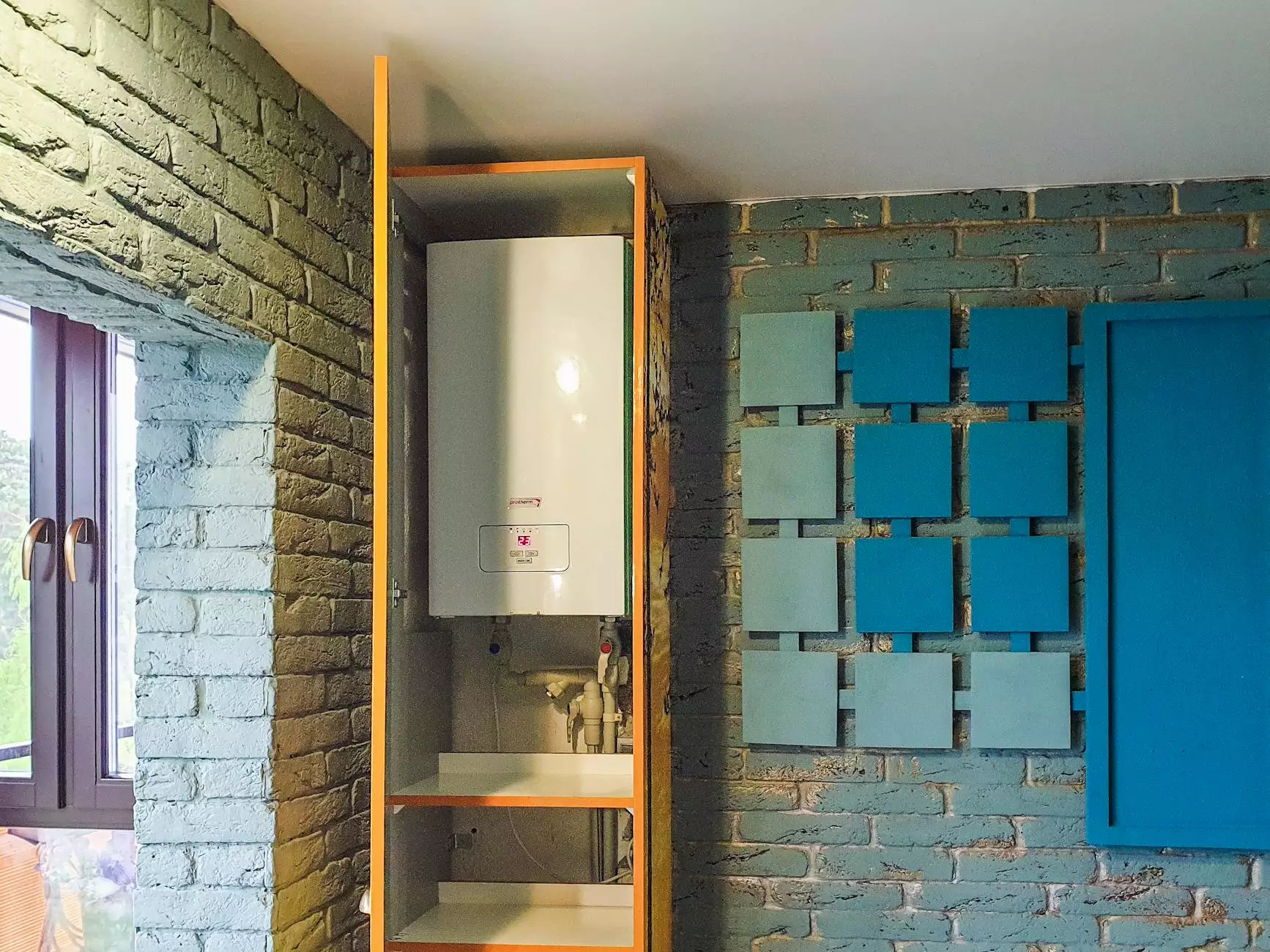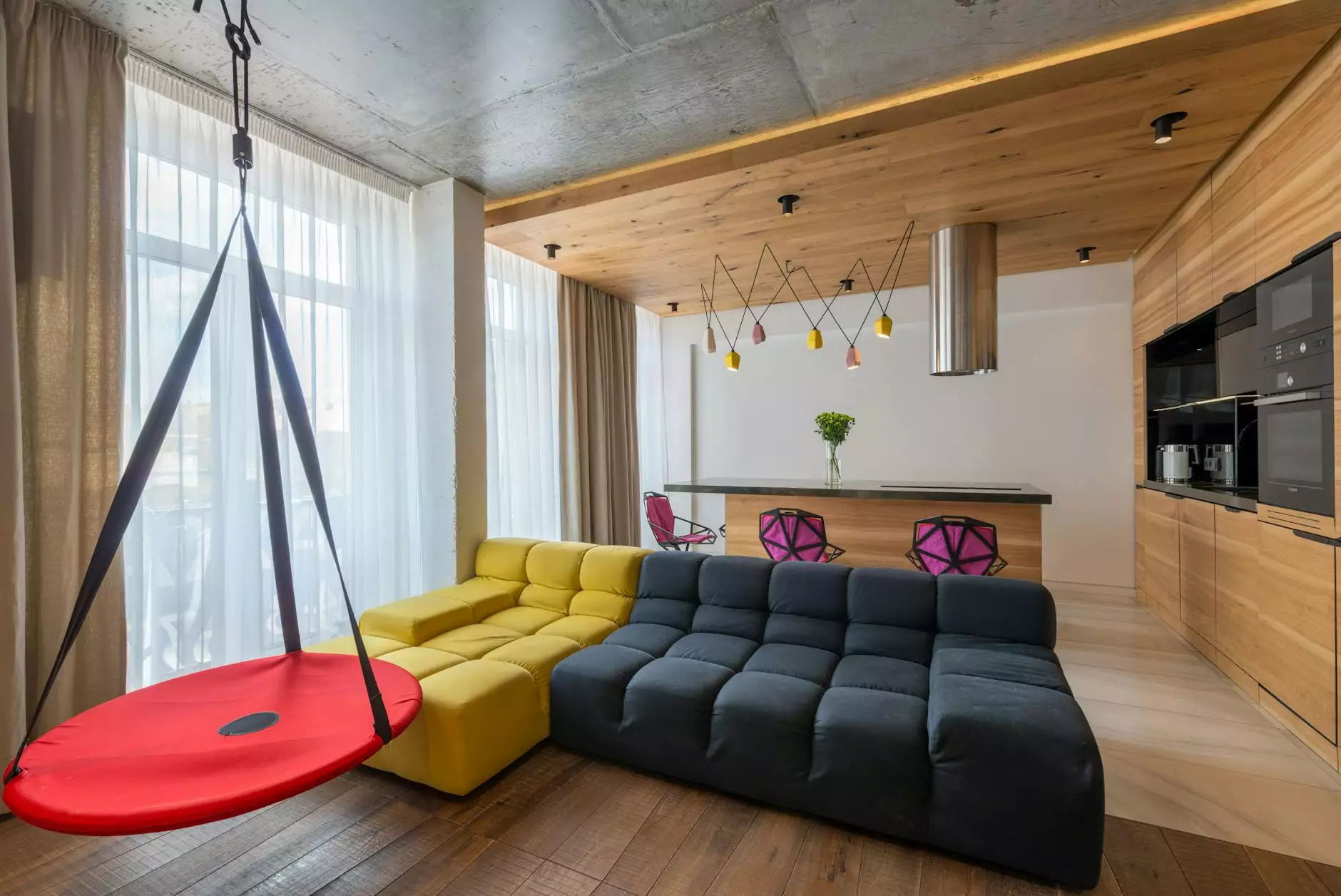Buying a New Boiler: The Ultimate Guide for Homeowners

Investing in a new boiler is a pivotal decision for homeowners looking to enhance their heating efficiency, increase comfort, and save on energy bills. With numerous options in the market, understanding the vital factors can streamline your buying process and ensure you choose the right system for your home.
Why You Might Need to Buy a New Boiler
There are several reasons you might find yourself in need of a new boiler:
- Age of the Boiler: Most boilers have a lifespan of 10-15 years. If your boiler is older than this, it may be time to consider a replacement.
- Increased Energy Bills: If you've noticed a spike in your heating bills without a corresponding increase in energy costs, your boiler could be running inefficiently.
- Frequent Breakdowns: Constant repairs and maintenance calls can indicate that your boiler is on its last legs.
- Inadequate Heating: If your home is not heating as effectively as it used to, a newer boiler might be more efficient in distributing heat.
- Environmental Concerns: Older boilers typically generate more emissions. Switching to a newer model can reduce your carbon footprint.
Types of Boilers Available for Purchase
When you decide to buy a new boiler, you'll come across various types, each suitable for different needs:
- Combi Boilers: These boilers heat water directly from the mains when you turn on a tap, meaning you won't need a hot water cylinder. They're compact and efficient but may not be suitable for larger homes with high hot water demand.
- System Boilers: Designed for homes with multiple bathrooms, system boilers store hot water in a cylinder and supply it directly usable for taps and showers. They require a bit more space compared to combi boilers.
- Regular Boilers: Also known as traditional or conventional boilers, these are ideal for homes that already have a traditional heating system in place. They require a hot water cylinder and a cold water storage tank.
- Biomass Boilers: An eco-friendly option, biomass boilers use organic materials like wood pellets, providing a renewable source of heating.
- Electric Boilers: If you're off the gas grid or looking for a compact solution, electric boilers can be a good alternative. They are easier to install, yet operational costs can be high depending on your local energy tariffs.
Key Considerations When Buying a New Boiler
Before you make a purchase, keep the following factors in mind:
1. Boiler Efficiency Ratings
Efficiency is crucial for reducing energy bills. Look for boilers with high Energy Efficiency Ratings (A-rated or above). The higher the rating, the more efficient the boiler.
2. Size and Capacity
The size of your boiler should accommodate your home’s heating and hot water requirements. An undersized boiler will struggle to meet your needs, while an oversized unit can lead to higher energy costs.
3. Fuel Type
Common fuel types include gas, electricity, oil, and biomass. Your choice will depend on availability, cost, and your preferences regarding sustainability.
4. Installation Costs
Installation costs can vary considerably depending on the type of boiler and complexity of the installation. Ensure you obtain a detailed quote that includes all necessary works to install the boiler safely.
5. Warranty and Health and Safety Regulations
Check the warranty offered by the manufacturer. A longer warranty often indicates confidence in the product’s reliability. Familiarize yourself with local health and safety regulations to ensure compliance.
How to Start Your Boiler Purchase Journey
Taking the first step towards buying a new boiler involves some essential actions:
1. Assess Your Heating Needs
Determine how much hot water and heating your home requires. A heating engineer can help you conduct a thorough assessment.
2. Research and Compare Brands
Look for reputable brands known for their reliability and customer service. Reading online reviews and ratings can provide insight into real-world performance.
3. Consult with Experts
Getting in touch with local plumbers or heating engineers can help you understand which model suits your home best. They can also assist with installation recommendations.
4. Consider Financing Options
Boiler installations can be costly. Consider financing options or payment plans offered by installers or suppliers to manage your budget effectively.
Installing Your New Boiler
The installation process can be complex, and it is essential to ensure that the work is carried out by qualified professionals:
- Choosing an Installer: Find a certified installer who is Gas Safe registered (if you are installing a gas boiler). Check their credentials and reviews.
- Pre-Installation Checks: Ensure the installation area is prepared and that any existing systems are assessed for compatibility.
- Post-Installation Safety Checks: After installation, confirm that all safety systems are functioning correctly and that you've been thoroughly instructed on how to operate your new boiler.
Maintaining Your New Boiler for Longevity
After you've made the investment to buy a new boiler, maintaining it properly is crucial for its longevity and efficiency:
1. Regular Servicing
Schedule regular servicing with a qualified boiler technician to ensure everything operates smoothly. An annual service can help identify potential issues before they became costly repairs.
2. Monitor Performance
Keep an eye on your boiler’s performance. If you notice any unusual noises, fluctuations in temperature, or a drop in efficiency, consult a professional immediately.
3. Bleed Radiators
Bleeding your radiators helps to remove trapped air, ensuring they heat efficiently. This should be done periodically, especially if you notice cold spots on your radiators.
4. Check Pressure Levels
Regularly check the pressure gauge on your boiler. Ideally, it should be between 1 and 1.5 bar. If it's below this, you may need to top it up.
Conclusion: The Importance of Knowledge When You Buy a New Boiler
Understanding the intricacies of purchasing a new boiler can empower homeowners to make informed decisions, which can lead to substantial savings on energy bills and improved comfort at home. From assessing heating needs to selecting the right boiler type and maintaining the unit throughout its lifespan, taking a thoughtful approach will benefit homeowners for years to come.
For more detailed information or to explore options tailored to your needs, visit RM Blake to access expert services in home heating solutions.
buy new boiler








